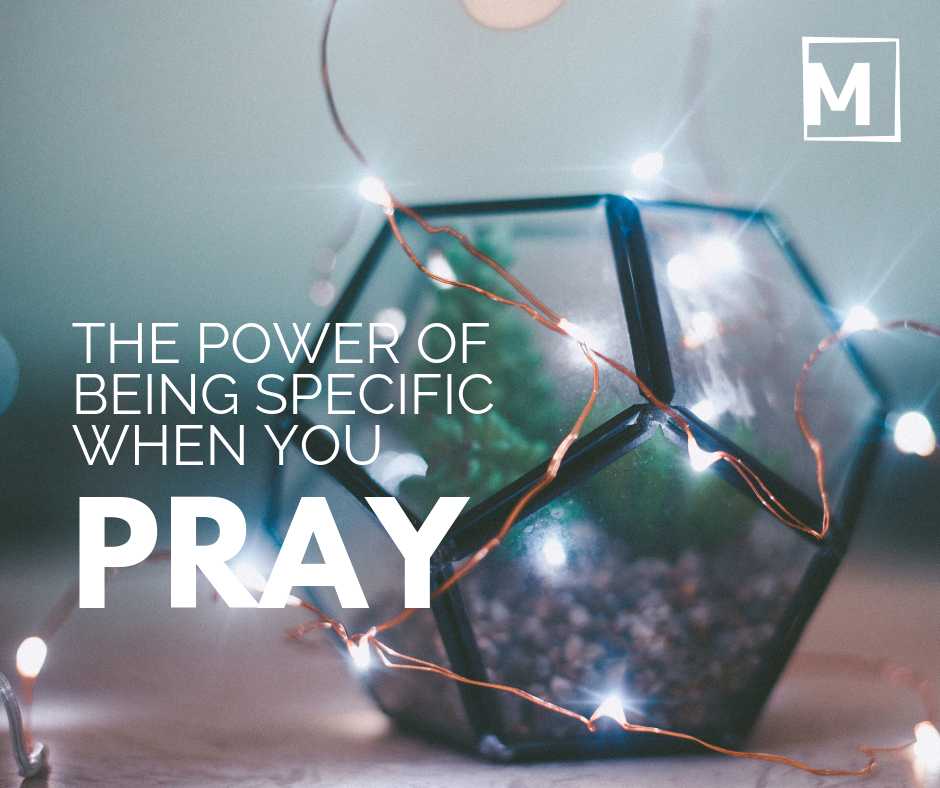Holy Week Series: Part IV
Today is Holy Thursday and the Gospel of John puts it this way:
So when he had washed their feet
and put his garments back on and reclined at table again,
he said to them, "Do you realize what I have done for you?
You call me 'teacher' and 'master,' and rightly so, for indeed I am.
If I, therefore, the master and teacher, have washed your feet,
you ought to wash one another's feet.
I have given you a model to follow,
so that as I have done for you, you should also do."
I’ve worked in church ministry for over twenty years. One error I have continually seen is a lack of management. In erring on “being nice”, priests, sisters, principals and supervisors undermanage their people. Afraid of giving tough feedback, they figure that the person reporting to them will somehow “figure it out”. They lead by example.
The problem with that is that, all to often, they underteach. They put up with little flaws that expand over time. You end up with a large portion of the professional workforce that is “ok” but not particularly exemplary. I realize that this sounds like a condemnation- it’s not meant to be.
Rather, it’s an observation and one that is challenged through today’s Gospel reading. Look at Jesus example and his words. He not only models good behavior but he explains it as well.



